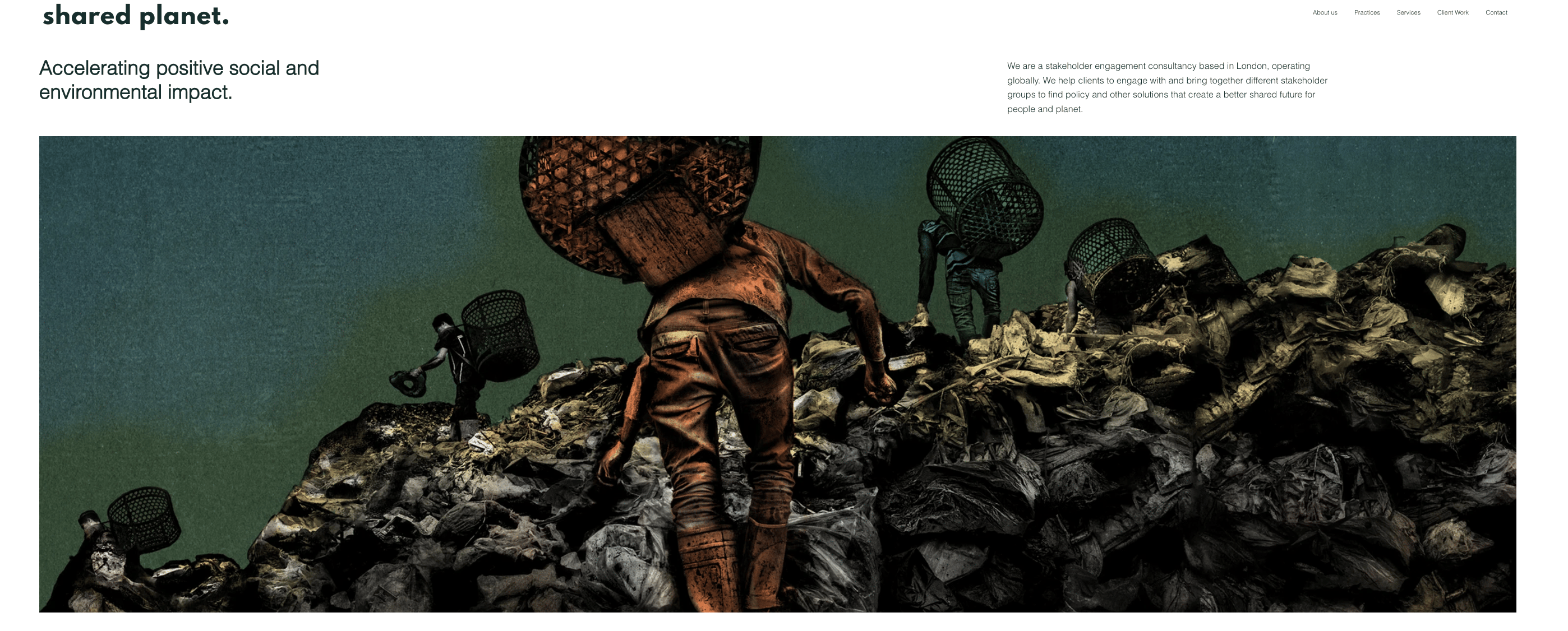Leadership-in-action project at Shared Planet


This summer, I had the privilege of completing my leadership-in-action project at Shared Planet as a research intern. Shared Planet is a global stakeholder engagement consultancy with a particular focus on social and environmental projects.
During my time as a research intern, I was able to contribute directly to a number of social and environmental projects with global clients. In particular, I worked extensively for WWF-UK who were looking to launch a pilot scheme in the UK to advance ‘justice-led conservation’. Justice-led nature conservation interventions aim to reduce social marginalisation as well as promoting nature restoration. My work primarily involved analysing the nature conservation initiatives in the UK four nations in order to support WWF to build a new conservation model. As recognised by the client, ‘justice-led conservation’ is an uncommon term within the UK conservation space. Through desk-based research, I provided direct research to client deliverables by investigating terms used in the UK to denote the fusion of nature conservation and social equity. Through a visual format, my work delineated the terminology used by activists, academics and organisations to inform WWF of the terminology variations within the UK context. During the project, I also had the opportunity to learn more about the ‘Triple Challenge’, which describes the synergy between the balance between biodiversity, climate change mitigation and food production. This is especially important, especially in light of the climate crisis facing our world. My work on the project will have the sustained impact of supporting WWF in implementing the ‘justice-led conservation’ model across the UK.
During the middle of my LiA project, I worked on another WWF project to support the building of a global government coalition. The coalition intends to promote the adoption of a ‘Nature Positive’ economy roadmap to shift away from nature-damaging economic activities. My work involved identifying potential funders from stakeholders such as development banks and IGOs. The potential funders were inputted into Microsoft Excel to highlight key sources of funds that could financially support the implementation of an inclusive economic model. My project will support the global cooperation of governments to move towards nature-positive economic outcomes.
The curation of social media content was an ongoing responsibility I held. During catch-up calls, my supervisors had highlighted the importance of LinkedIn and cited that social media content was an avenue in which the interns could make a lasting impact on their brand perception. With no experience in creating professional content on LinkedIn, my LiA project at Shared Planet enabled me to feel more confident in creating brand content. I was also given the freedom to write about any topic I was interested in. Prior to the LiA project, I set a personal goal to venture outside my comfort zone. Throughout the six weeks, I wrote articles on Shared Planet’s focus areas such as food security and forest health. As someone who never continued studying geography beyond the compulsory years in secondary school, I faced a learning curve to absorb technical environmental knowledge. Writing social content on environmental issues challenged me to de-construct unfamiliar content for a broad audience. As a result of the LiA project, I have gained an interest in environmental policy and wish to engage further within the environmental sector.
The six weeks spent at Shared Planet were invaluable in developing my professional knowledge for social and environmental projects. I would like to thank the Shared Planet team and the LSE Laidlaw team for arranging and supporting me across the LiA experience. The ability to work on global projects and create lifelong network connections will further support my leadership learning journey.
For future scholars, my key takeaway from this summer’s LIA project is to actively try projects and tasks outside your comfort zone. Only then can personal growth be achieved!


Please sign in
If you are a registered user on Laidlaw Scholars Network, please sign in